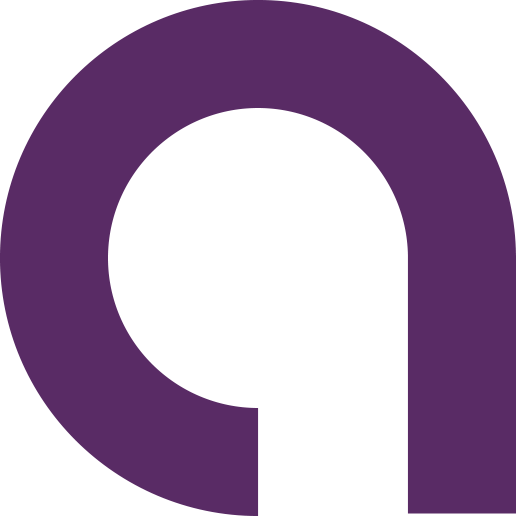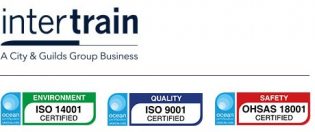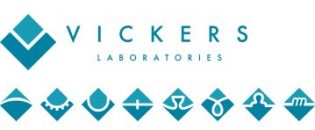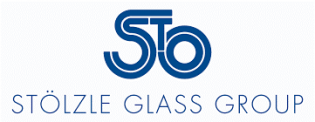How often do you take a step back and evaluate how you lead, what you’re doing, and why you’re doing it? How aware are you of your strengths and weaknesses and the impact they have on your team?
Thinking about your actions and behaviours, and learning from past experiences will help you improve and become a better leader. Take some time to look back at the past 12 months and reflect on what you did well, what could be improved, and what you want the next 12 months to look like.
The benefits of self-reflection
Self-reflection is like holding up a mirror so you can see how your beliefs, values, thoughts, motivations, assumptions, emotions, and past experiences influence your behaviours and decisions. You’ll become more aware of your behavioural patterns, biases, strengths and weaknesses, so you can become a better leader.
Improve your strategic thinking
Our own beliefs, values, and attitudes influence our behaviour and our thinking. If we aren’t aware of how these things affect us, it can impact our ability to think critically or objectively.
Improve self-awareness and communication
Reflection allows you to recognise your own biases and blind spots so you are more aware of these when making decisions in the future. It will also help you be more respectful of other people’s beliefs, values, and attitudes, which can help improve communication.
Improve emotional intelligence and build better relationships
Reflecting on your experiences, successes, and challenges, helps you develop empathy and emotional intelligence. You’ll be more aware of what could be affecting other people’s behaviours so you can manage conflict more effectively, provide the right support, and build stronger relationships with your colleagues.
Learn and develop your leadership skills
Evaluating your past actions and decisions allows you to assess what worked well and what can be improved. This enables you to refine your approach and develop new strategies so you can become a better leader and overcome future challenges more easily.
Make better decisions
Self-reflection improves decision-making as you’ll be more aware of personal biases, motivations, concerns and emotions. You can use past experiences to understand potential consequences and you’ll be more aware of other people’s perspectives.
Tips for effective self-reflection
Being more self-reflective and self-aware will benefit you in both your personal and professional life. The best way to become a reflective leader is to make self-reflection a habit.
Make self-reflection purposeful
Make self-reflection something you do consciously and regularly. Set aside dedicated times each day or week to reflect on your decisions, actions, behaviours, experiences, and leadership.
Practice personal and professional reflection
Personal reflection focuses on your personal experiences, thoughts, emotions, and actions. It involves self-analysis of your beliefs, values, strengths, weaknesses, and personal growth. Professional reflection focuses on experiences, skills, development, performance, achievements, challenges, and areas for improvement in the context of work.
Reflect on past experiences
Reflecting on past experiences will help you learn and develop as a leader. What lessons did you learn? What skills did you develop? What can be improved or built upon?
Reflect on these experiences immediately after they occur and then go back and reflect on them after some time. Do you feel any different? Did your emotions in the moment affect your judgement?
Keeping a journal, taking notes or completing self-assessments can be useful for self-reflection as it allows you to review your learnings and progress.
Remind yourself of your values and goals regularly
Your actions must align with your values and goals, so ensure you revisit these regularly. What kind of leader do you want to be? Does your behaviour match up with that? Do any of your recent actions feel in conflict with your values? Are you setting clear boundaries and sticking to these?
View mistakes as opportunities to learn
It’s easy to be self-critical and beat ourselves up for our mistakes, but that doesn’t achieve anything. Accept that you won’t always get it right and sometimes you will make the wrong decisions. The key is to learn from your mistakes. View them as opportunities to improve rather than letting them knock your confidence.
Ask yourself thought-provoking questions
Critical reflection is about exploring things on a deeper level. Ask yourself tough questions, challenge established perspectives, and explore alternative viewpoints. Be honest about your own biases and assumptions.
Do you let emotions impact your decisions? Are you letting personal motivations get in the way of good decision-making? Do you shy away from tough conversations and decisions because you want to avoid conflict?
Seek feedback and different perspectives
Self-reflection doesn’t have to be a solo act. Sharing an experience with somebody else could help you understand it better and get an outside perspective. You can use this feedback to identify opportunities for improvement that you might otherwise have missed. Find people you can talk to and learn from. These could be colleagues, other leaders, mentors or coaches.
Act on your learnings
The purpose of self-reflection is to learn so that you can improve and develop. Make sure you are acting on your learnings. Don’t identify mistakes only to keep repeating the same mistakes.
Make time for future-oriented reflection
Reflection isn’t just about looking at past experiences. It’s about using those experiences to inform future actions, goals, and strategies for personal and professional development.
Make time for future-oriented reflection where you envision and plan for the future. What are your personal and professional goals? What could help or hinder you in achieving these goals? What have you always wanted to do but haven’t done yet? What is preventing you from doing it? What are you going to do about it going forward?
Developing Reflective Leaders
As a manager or leader, there’s always something new to learn or a skill you can improve and develop. Organisations need to support managers and leaders in this development, but you also need to invest in yourself.
Getting formal leadership and management training will not only help you build your leadership skills, it will also help you grow in confidence, and increase your chances of career progression.
Alternative Partnership delivers ILM-accredited Leadership and Management training programmes to support you and your teams in gaining formal, nationally recognised qualifications.
Find out more about our current ILM courses here or get in touch to discuss how our services could benefit you.












